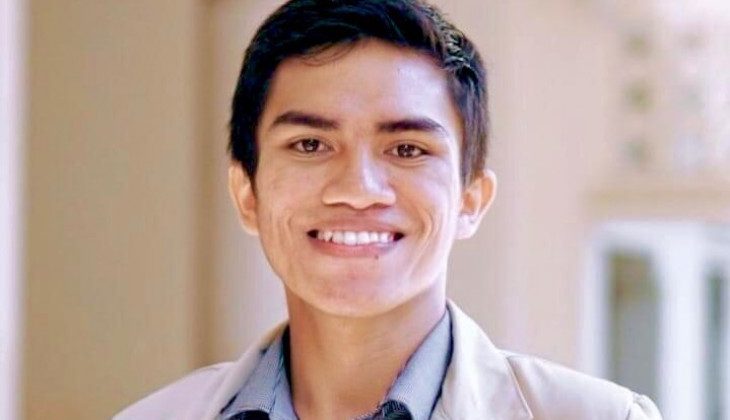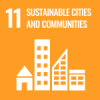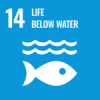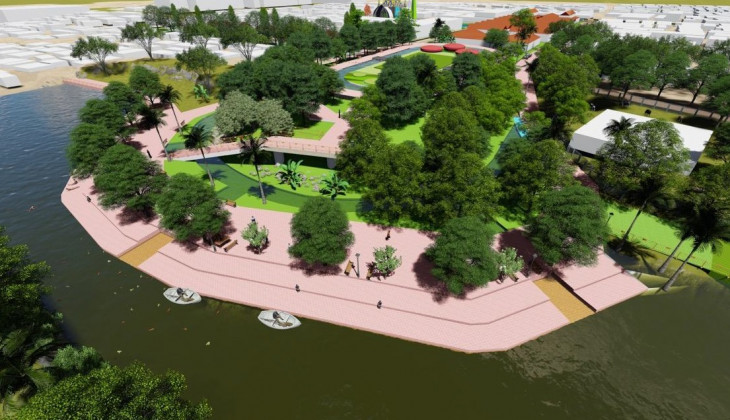 Ikhsan Mauludin, a student of the Urban and Regional Planning Study Program, UGM Faculty of Engineering, won 1st place in the National Essay Competition “Criticize Our Environment for Sustainable Development Goals” – ACCER IPB 2021.
Ikhsan Mauludin, a student of the Urban and Regional Planning Study Program, UGM Faculty of Engineering, won 1st place in the National Essay Competition “Criticize Our Environment for Sustainable Development Goals” – ACCER IPB 2021.
This competition was held by the Faculty of Human Ecology, Bogor Agricultural University (IPB). It started with manuscript submission on 2 April – 29 May 2021, followed by the preliminary stage on 30 May – 3 June 2021, the workshop and final stages on 5 June 2021, and announcements on 12 June 2021 with 85 team participants.
Ikhsan succeeded in eliminating 15 finalist teams from Bogor Agricultural University (IPB), Brawijaya University, Diponegoro University, Institut Teknologi Sepuluh Nopember (ITS), and Sriwijaya University.
Ikhsan explained that the essay he wrote revealed the need for intervention in activities in Pakuncen Village. Thus, the water quality of the Winongo River can meet the class II quality standards. BOD is a parameter measuring the amount of oxygen needed by bacteria to break down organic substances dissolved and suspended in the wastewater. The main sources of nitrate, nitrite, and phosphate in river water come from household waste, cattle farming, and pig farming.
“People’s habits, the absence of standard infrastructure, and the absence of a good system are the main causes of the problems that occur. This condition hinders the realization of sustainable development goals (SDGs), especially on SDGs Clean Water and Sanitation and Sustainable Cities and Communities,” he said on Tuesday (6/7).
He further explained the recommended intervention for the community and stakeholders to improve water quality in the Winongo River and minimize existing obstacles was the PMD design approach and modification of the planning process.
To improve the water quality of the Winongo River in Pakuncen Village, the implementation of PMD only focuses on four aspects. These include 1) protecting the water flow, particularly the need to maintain the natural cycle of water; 2) protecting river buffer areas, particularly the need for division of development zones to protect water bodies from the effects of runoff; 3) protecting ecologically sensitive areas or the need for infrastructure to control the environment, both in terms of aesthetics and quality; and 4) managing rainwater network or the need for a connected and well-calculated rainwater network.
In the implementation process, Ikhsan had encountered challenges because many of the participants who passed worked in teams while he took part individually.
“The brainstorming I did was quite time-consuming in terms of reading journal articles, looking for precedents, stringing words, and editing writings to make them effective, efficient, and easy to understand. Also, I need to understand to do some modeling on some software that I’m new to. However, it turns out that these obstacles and challenges have paid off, and hopefully, they can be beneficial for environmental sustainability,” he said.
In the future, he hopes that spatial planning in Indonesia will continue to develop and always provide innovation to realize sustainable development goals, especially in the aspect of clean water and sanitation, and sustainable cities and communities.
“Start sharing our knowledge and bright ideas with the public so that we can create Better Spaces, Better Living and prosperity for everyone as well as other organisms in the universe,” he concluded.



